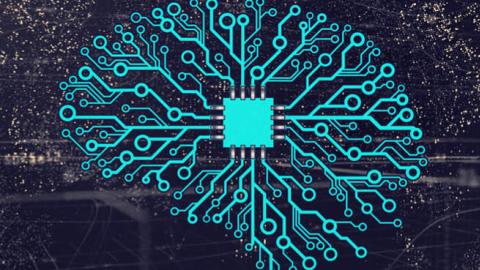It is always easier to live a homogenous life, one that begins and ends, comfortably, within the boundaries of a single age. Unfortunately, we are not destined to do so, as artificial intelligence (AI) will force us to straddle two ages.
The period that began in the late 18th century inaugurated the last age. It began with revolutionary changes spawned by technology, such as the spinning jenny, which gave rise to the modern factory. It stretched to include the end of the 20th century, when new gadgets still had a link with the old. For many people, the cell phone was just a glorified telephone, and the car a glorified horse. But AI, especially machine-learning AI, is something new, which is why people’s imaginations run wild when they think about it. They wonder if AI will have free will or deserve rights. No technology has ever posed such metaphysical questions. Even the atom bomb was just a big bomb. As the older age wanes and we enter a period of transition, people rightly feel anxious.
Ironically, at precisely the moment when it is difficult to think of anything but of what will be, it may yet be worthwhile to cast a glance backward at what was. People want to know AI’s impact on society, but this means understanding how AI fits along capitalism’s long timeline. Yes, AI represents a major technological breakthrough, with many applications still unforeseen. But AI didn’t just appear out of the blue; it appeared because people wanted it to appear—and capitalism is about giving people what they want. Indeed, the whole capitalist project since the end of the 18th century has been about people using technology to perfect their own lives. AI is part of that project. To understand where AI is taking us, we must first understand capitalism and its trajectory over the past two centuries.
Read the full article in The American Interest















